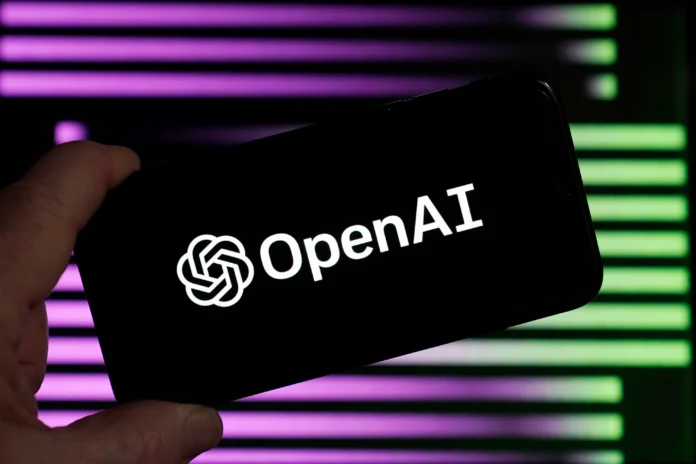
What jumps off the docket
- The win was sweeping. Judge Yvonne Gonzalez Rogers granted OpenAI summary judgment on July 21, 2025, found OpenAI had acquired secondary meaning by at least November 2022, and entered a permanent injunction—including restrictions on using “Open AI” and the open.ai domain. Justia Law
- The bill is big. OpenAI pegs its request at about $9.8 million in fees (shorthand: “almost $10M”), citing the defense’s alleged bad-faith tactics and delay. Bloomberg Law
- The conduct called out. The motion highlights a deposition OpenAI says was so “evasive and obstreperous” a magistrate extended time twice; it also points to sprawling counterclaims stuffed with irrelevancies and personal broadsides.
By Samuel Lopez
USA HERALD Legal Affairs
OpenAI isn’t just celebrating its trademark victory—it’s going for the jugular. The AI giant wants nearly $10 million in attorney fees from the company that dared to challenge its name, and the court filing reads like a masterclass in legal destruction.
The target? Open Artificial Intelligence Inc. and its founder Guy Ravine, who according to OpenAI’s Thursday motion, ran what amounts to a fraudulent trademark scheme that would make even seasoned IP lawyers cringe.
Here’s where it gets ugly. OpenAI alleges Ravine didn’t just file a bogus trademark application—he allegedly manufactured fake user engagement to support it. When his website wasn’t even functional during the application process, he supposedly submitted a screenshot to the U.S. Patent and Trademark Office featuring glowing comments from what appeared to be satisfied users.
The twist? Those “users” were allegedly his own employees, creating fictional testimonials to establish commercial use that simply didn’t exist.
“This was not a case of a pro se defendant making unintentional mistakes,” OpenAI’s motion states with barely concealed contempt. Open Artificial Intelligence had representation from nine different law firms—making their alleged misconduct all the more inexcusable.
The legal tactics that followed read like a playbook for how not to defend a trademark case. OpenAI paints a picture of deliberate obstruction: declining earlier trial dates, filing nearly 100-page counterclaims stuffed with “significant irrelevant information, argument and personal insults,” and dragging out discovery with what the motion calls “meaningless” practices.
The countersuit itself sounds like a parody of legal overreach. It included 12 pages of introduction and 15 pages detailing “ramifications” that claimed to show how the case would impact “anyone who plans to inhabit the planet”—a level of grandiosity that apparently didn’t impress the federal court.
Even Ravine’s deposition performance drew judicial intervention. A magistrate judge had to grant OpenAI extra time twice because Ravine’s answers were “so evasive and obstreperous” they couldn’t get straight responses.
OpenAI’s fee request isn’t just about money—it’s about sending a message. In trademark law, attorney fee awards are reserved for “exceptional cases” involving particularly egregious conduct. By seeking nearly $10 million, OpenAI is essentially asking the court to make an example of what happens when you try to game the trademark system against a well-funded opponent.
The amount reflects the firepower OpenAI brought to this fight: a legal dream team from Quinn Emanuel and Gibson Dunn that includes some of the country’s top IP litigators. When you’re billing partner rates at elite firms for an extended trademark battle, $10 million starts to look reasonable—especially when you’re dealing with alleged fraud and systematic delay tactics.
This case represents more than just another trademark dispute. It’s a warning shot across the bow of anyone thinking about challenging major AI companies through questionable legal maneuvers. With AI naming becoming increasingly valuable intellectual property, expect more companies to defend their brands with similar aggression.
For Ravine and Open Artificial Intelligence, the original trademark loss was just the beginning of their problems. If the court grants OpenAI’s fee request, they’ll have turned a failed trademark gambit into a potentially company-ending financial judgment.
The message is clear: if you’re going to challenge OpenAI’s trademark, you better come correct—because they’re not just playing to win, they’re playing to ensure you never try this again.
Case Citation: OpenAI Inc. v. Open Artificial Intelligence Inc. et al., case number 4:23-cv-03918, U.S. District Court for the Northern District of California.


